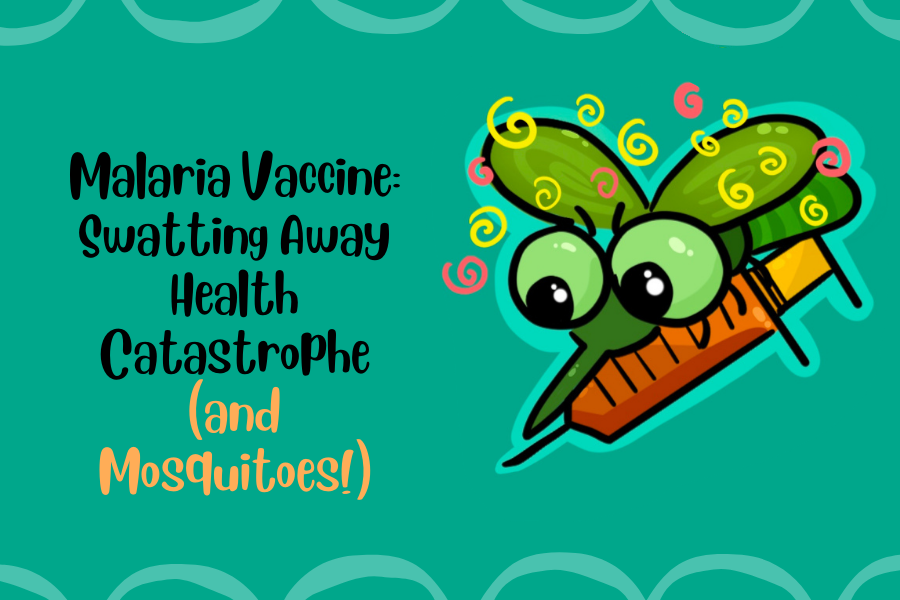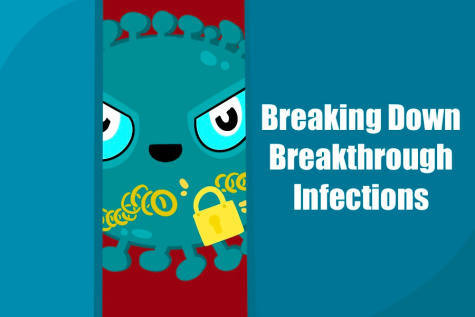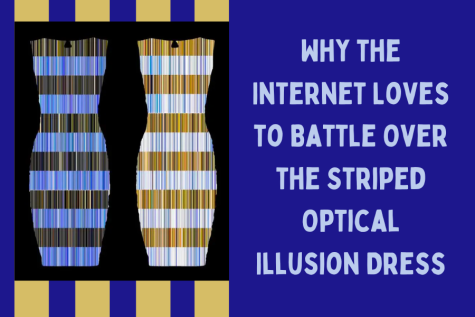Swatting Away Health Catastrophe (and Mosquitoes!)
Summer is a season filled with scorching hot weather, free time, ice cream trips, and of course, mosquitoes! Swarming mosquitoes are a nuisance, but most of us have never associated a potential bite with fatal disease. However, those living in Africa suffer greatly from the mosquito-borne illness malaria. Malaria, which is transmitted by mosquitoes infected with parasites such as Plasmodium falciparum, P. vivax, P. ovale, and P. malariae, is a common and often deadly illness. In 2020, approximately 241 million clinical cases of malaria were diagnosed, with 627,000 of these individuals dying from the disease. The majority of fatalities were among young African children. Malaria has also been detrimental to African economies, perpetuating a cycle of poverty.
Upon receiving a bug bite from a malaria-carrying mosquito, a form of the parasite (sporozoites) spreads throughout the person’s bloodstream, traveling to the liver, and finally, red blood cells. Cells infected with sporozoites burst, releasing parasites that infiltrate more cells. This process continues until the parasite dies.
Until now, we have relied on preventative measures such as mosquito nets and insecticides to control the disease, as well as drugs to treat it. However, malaria’s resistance to key antibiotics and insecticides has raised concerns. There was a decrease in the illness in the early 2000s, but there has been a steady rise in cases since 2015.
Luckily, a groundbreaking malaria vaccine, Mosquirix, is expected to save countless lives—and permanently change life in Africa. The vaccine targets P. falciparum, the most deadly strain of malaria. To protect against the illness, the vaccine stimulates the body to produce antibodies that neutralize the parasite, preventing it from infecting the liver. Mosquirix is referred to as a “subunit” vaccine because it is comprised of a small, synthetic section of the malaria parasite and an “adjuvant” molecule that works to stimulate the immune system. The World Health Organization recommended this innovative vaccine in October 2021—and it holds promise for the future of healthcare in Africa.












